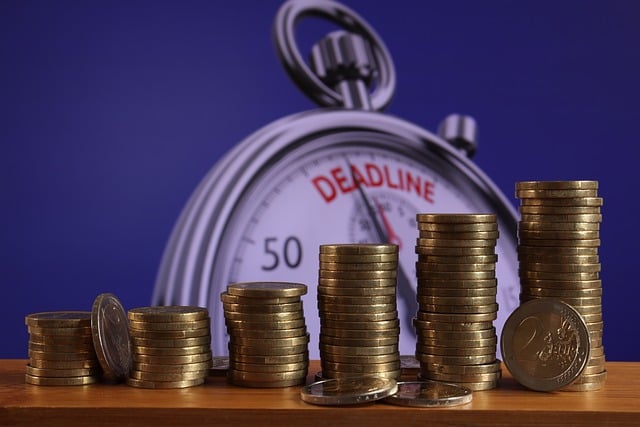Secured consolidation loans provide a solution for individuals with bad credit to manage multiple debts by offering lower interest rates and extended repayment periods, backed by assets like homes or vehicles. However, securing an asset increases the risk of losing it if the loan is not repaid, so careful consideration and responsible borrowing are crucial. By organizing financial details, improving credit scores, securing a co-signer with good credit, exploring various lenders, and comparing interest rates, individuals can take control of their finances and consolidate debts despite credit challenges.
Struggling with multiple debts and a less-than-perfect credit score? Secured consolidation loans could be a viable solution. This article explores how individuals with bad credit history can access unsecured consolidation loans, offering a path to financial stability. We delve into the benefits of secured consolidation loans as a strategic move to simplify debt management. Learn about the application process, factors influencing approval, and tips for improving your chances, empowering you to take control of your finances.
- Understanding Secured Consolidation Loans: A Solution for Bad Credit
- Navigating the Process: How to Get Approved for Unsecured Consolidation Loans Despite Poor Credit History
Understanding Secured Consolidation Loans: A Solution for Bad Credit
Secured consolidation loans are a potential solution for individuals with bad credit history looking to manage multiple debts. Unlike unsecured loans that don’t require collateral, secured loans are backed by an asset, typically your home or a vehicle. This additional security can make lenders more willing to offer terms that suit borrowers’ needs, such as lower interest rates and extended repayment periods.
For people with poor credit, this approach can be advantageous as it may result in more affordable monthly payments and the opportunity to rebuild their financial standing. However, it’s crucial to remember that using an asset as collateral means there’s a risk of losing that asset if you fail to repay the loan. Therefore, careful consideration and a commitment to responsible borrowing are essential before pursuing a secured consolidation loan.
Navigating the Process: How to Get Approved for Unsecured Consolidation Loans Despite Poor Credit History
Navigating the Process: How to Get Approved for Unsecured Consolidation Loans Despite Poor Credit History
When considering unsecured consolidation loans, individuals with bad credit history often face challenges. Lenders typically require a strong credit profile to mitigate risk. However, there are steps you can take to increase your chances of approval. First, gather your financial information, including proof of income and expenses. This demonstrates your ability to repay the loan. Next, focus on improving your credit score by making timely payments on any existing debts and reducing high debt levels.
Additionally, be prepared to provide references and potentially a co-signer who has good credit. Co-signing can significantly enhance your application, as it shows responsibility and reduces risk for the lender. Research various lenders, compare interest rates, and consider secured consolidation loans as an alternative if traditional unsecured options are not available. With careful planning and responsible financial management, individuals with bad credit history can still access much-needed funding through strategic loan consolidation.
Secured consolidation loans can be a viable option for individuals with bad credit history looking to manage their debt. By understanding the process and choosing a reputable lender, those with less-than-perfect credit can access lower interest rates and improved repayment terms. This strategic approach can help them regain financial control and work towards building a stronger credit profile over time.
